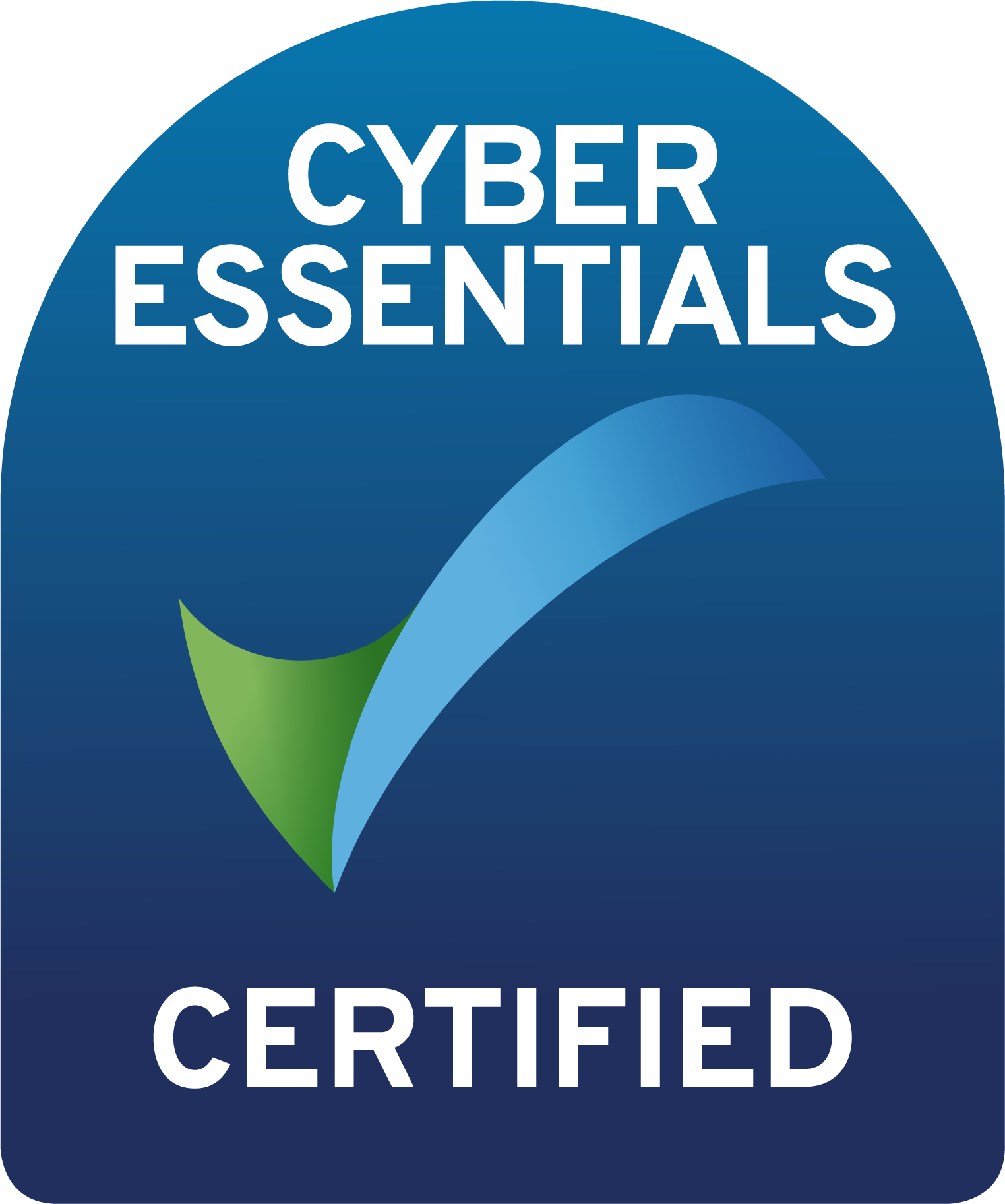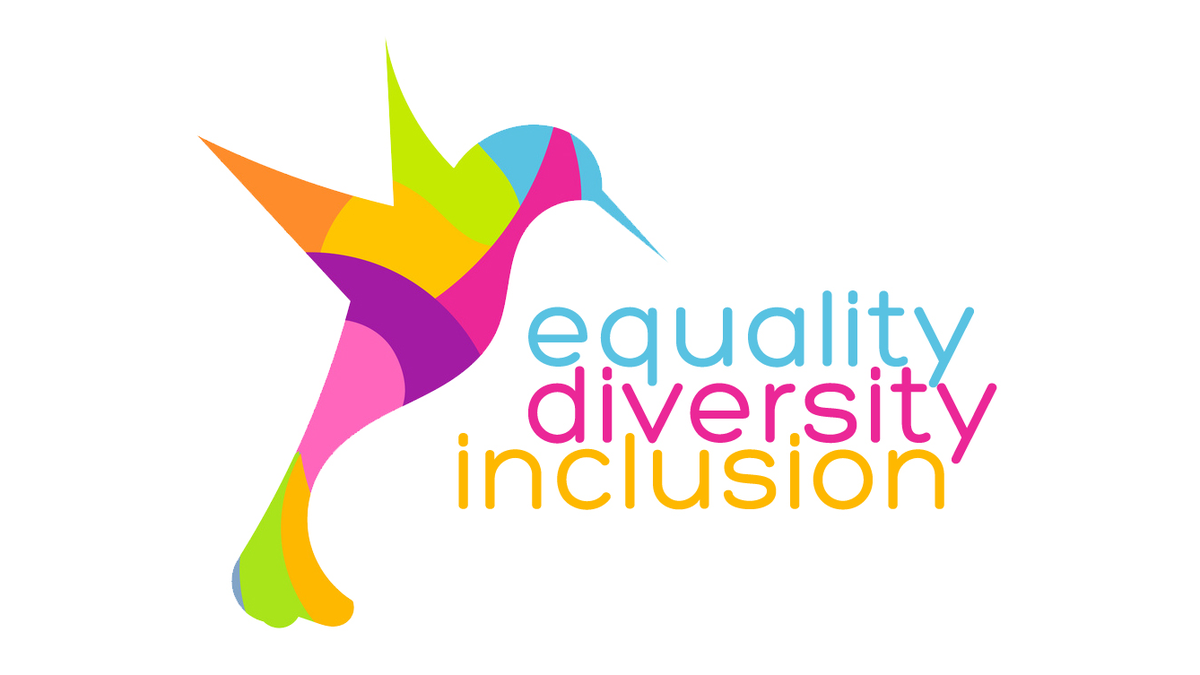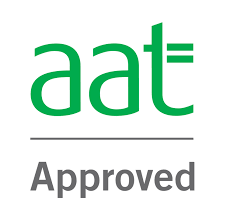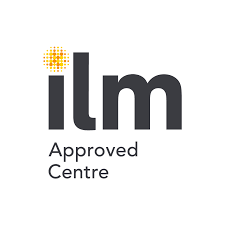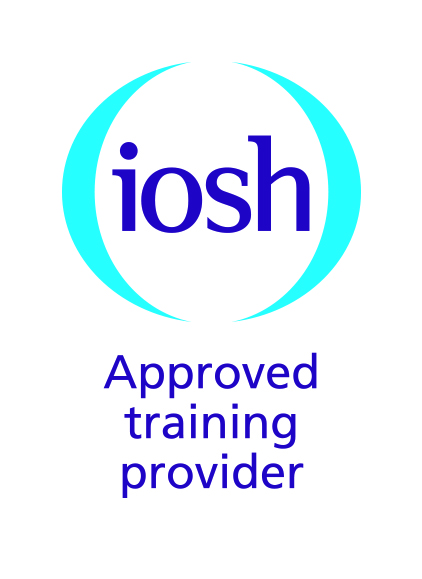Equality, Diversity and Inclusion
Course Overview:
This half-day training course provides a comprehensive overview of equality, diversity, and inclusion (EDI) principles. Participants will gain a solid understanding of relevant legislation, best practice, and strategies to foster an inclusive workplace.
Key Learning Objectives:
- Understanding EDI Concepts: Define and explain key terms such as equality, diversity, inclusion, and discrimination.
- Legal Framework: Explore relevant legislation, including the Equality Act 2010, and its implications for employers and individuals.
- Protected Characteristics: Identify and discuss the nine protected characteristics under UK law: age, disability, gender reassignment, marriage and civil partnership, pregnancy and maternity, race, religion or belief, sex, and sexual orientation.
- Unconscious Bias: Recognise the impact of unconscious bias and explore strategies to mitigate its effects.
- Inclusive Workplace Culture: Learn how to create and maintain an inclusive workplace environment that values diversity and respects individual differences.
- Effective Communication: Develop effective communication skills to promote understanding and inclusivity.
- Addressing Discrimination and Harassment: Understand the legal and ethical implications of discrimination and harassment and learn how to respond effectively.
Course Content:
- Introduction to EDI concepts and principles
- UK legislation and legal obligations
- Protected characteristics and their implications
- Unconscious bias and its impact
- Creating an inclusive workplace culture
- Effective communication and language use
- Addressing discrimination and harassment
- Best practices and case studies
Target Audience:
This course is suitable for individuals working in various sectors, including:
- Human Resources professionals
- Managers and supervisors
- Employees at all levels
- Individuals interested in promoting diversity and inclusion
Course Delivery:
The course will be delivered through a combination of interactive sessions, group discussions, and case studies. Participants will have ample opportunities to ask questions and engage in meaningful discussions.
Certification:
Upon successful completion of the course, participants will receive a certificate of attendance.








